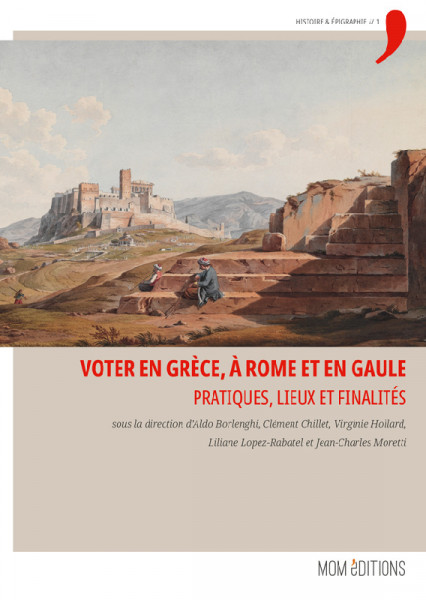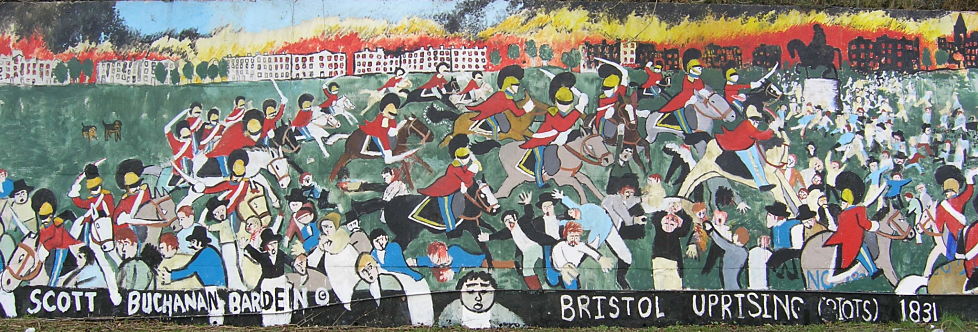(image source: Dr. C.A. Romein)
As
Researcher-in-Residence at the KB National Library of the Netherlands (The
Hague), I – Annemieke Romein – I look for early modern norms in books of
ordinances (‘plakkaatboeken’). These books hold mainly administrative laws,
varying from norms against beggars, safety, but also laws intended to stimulate
the economy, and international treaties are frequently included too. Together
with colleagues at the library, we are looking for means to have the computer
take over the process of categorising these texts. The question is: Can a
computer recognise the texts containing rules, and distinguish between texts on
religion, maintenance of dykes, colonial affairs, etc.?
Currently, I work as a postdoctoral
researcher at Ghent University, where I focus on both handwritten and printed
norms from the Low Countries. My current project (called: ‘Law and Order: Low
Countries?!’) focuses on the federation-states of Flanders and Holland between
1576 (Pacification of Ghent) and 1702 (Spanish War of Succession). Initially, I
am looking at the topics of the published norms. Personally, I find the rules
on safety and security most intriguing as the topics are still relevant today,
however, when you are interested in a selection of the texts, it is necessary
to go through all of them. This gave rise to my initial question of whether the
computer can be trained on the process of distinguishing texts from one
another. I am very grateful for the chance to work at the Dutch National
Library and on my project ‘Entangled Histories’ for six months.
My interest in the
topic of legal history – more specifically Policeygesetzgebung and Policeywissenschaften (police norms) –
was peaked in 2005 when I was looking for a Bachelor thesis topic. Professor
Robert von Friedeburg had me read some German articles (Karl Härter/ Michael
Stolleis, Policey im Europa der Frühen Neuzeit (Frankfurt 1996))
which gave – at that time – the impression that norms required a strong
authoritarian type of rule: a top-down approach that one could only find in
principalities or city-states. I was asked why similar texts were available in
books of ordinances in the Netherlands, and this question has gradually evolved
into my current projects.
Image 1. City crier, Cornelis Ploos van
Amstel, by Cornelis Dusart, 1776; etching, h 201mm × w 155mm. Source: http://hdl.handle.net/10934/RM0001.COLLECT.165473
Ordinances, what
are they?
In the early
modern period – rules were announced by the city crier. He walked through the
city, or rode a horse, to visit indicated locations to read new rules to the
inhabitants. After reading them aloud, the printed texts were fixed to
“well-known places” (e.g. church doors, at the market square) for people to be
able to reread them. An estimated 70% of people could read in the Republic, so
for the remainder of the inhabitants having the new rules read aloud was still
very important. The rules had to make sense so people could remember them by
heart. Hence, there is a repetitiveness in the texts – which makes sense given
that the 16th and 17th century had an
important oral tradition.
Ordinances, or
placards, were affixed to known places. This made them official. The provincial
estates considered it to be important to print a selection of their agreed-upon
texts in books of ordinances. These formed a source for lawyers as a reference
work. These books do not form a complete overview, but they do give a sense of
what government officials deemed important.
Image 2A The New Church in Amsterdam,
Anonymous, 1693 – 1694. Etching, h 273mm × w 353mm. Bron: http://hdl.handle.net/10934/RM0001.COLLECT.232576
Image 2B Detail: ordinances near the
church doors.
Normative rules
within a federation
The Dutch
Republic, like the Habsburg Netherlands, were federations of autonomous states.
In the Republic, the Estates-General held sovereign powers and in each of the
federation-states the estates held the highest power.[1] [1]The
Republic’s Stadtholder(s) was/were officially civil servants. The Habsburg
Netherlands differed from the Republic as they had a sovereign prince (the King
of Spain), though the federation-states did have a certain amount of freedom.
They had to verify new rules did not jeopardise traditions and customs. Yet,
when you look in many history books the scene is depicted as a game of thrones.
This results in poorly studied political-institutional constellations of
republics (the Republic and Switzerland alike). I find this very intriguing: we
actually know too little to say something concrete about how federation-states
without a prince were ruled! While Belgium is a long tradition of republishing
the rules through the Royal Commission for the Publication of Ancient Laws and
Ordinances (since 1846), the Netherlands does not hold such an institute. Such
publications offer a rich source of information.
The differences
between norms in Holland and Flanders
In the Netherlands, we do not have an
overview of what laws were published and, hence, we cannot say anything
substantial about the legislation in the Low Countries, or differences among
the federation-states, or even in comparison with other areas in Europe. This
is fascinating because my current research in Ghent gives rise to the suspicion
that the differences between Holland and Flanders – both very trade-oriented –
were not that big. Hence, my current hypothesis is that there was little
differences between an indirect-ruled princely state and the federation-state
Holland (as part of the Dutch Republic).
Computer
techniques
In order to study the potential
differences, the first step in the project is to analyse the layout of the
pages and enhance the readability of the early modern texts. As humans, we can
read the texts fairly well, but gothic fonts prove to be more challenging than
roman fonts. The computer does not mind, rather it considers it a challenge.
Within the Google Books project an OCR (Optical Character Recognition) has been
applied, but, when you attempt to copy the texts (to a notepad for example) it
will render useless due to the numerous errors.
These errors directly influence the
searchability of the texts, even if you are only looking for keywords. In order
to improve this, we apply Handwritten Text Recognition. This technique is
developed within the European funded READ-project, which resulted in the
application called Transkribus. The computer program is trained through manual
transcriptions of a single hand, or, in our case, a font. Through this
training, the computer learns how certain characters are represented.
Furthermore, the program places the characters within a context by looking at
complete lines instead of individual characters. This is called an N-Gram,
which remembers the most frequent character combinations (such as a ‘q’ is
always followed by a ‘u’).
We basically fool the computer by claiming
that our printed sources are very regular handwriting, which will enormously
help with recognition. I heard about these techniques before, but I had never
applied them to printed texts. I became curious about whether they would be as
successful as claimed. Would this work on the 108 books of ordinances that we
retrieved from various digital collections? So far the results are giving us
hope, and a reason to believe we can apply other techniques to analyse
individual texts. Where I am currently still hand-labelling the individual
texts in Ghent, the question arises whether the computer can do this also. I
use the same categories as the Repertorium der Policeyordnungen-project once did, so that the datasets
can merge at some point through LinkedData analysis. Can the High-Performance
Computer (Artificial Intelligence) with the program Annif read through the
texts and spot words that triggered me into categorising them in a
certain way? Then, apply this to other books of ordinances? While working at
the KB, I hope to find the answer to this question.
Image 3a The Paalhuis and the New Bridge
(Amsterdam) during the winter, by Jan Abrahamsz. Beerstraten, 1640 – 1666. Oil
Painting, h 84cm × w 100cm.
Image 3b Detail with ordinances on the
wall of the Paalhuis.
This blog was previously published – in an
altered version – in Dutch at https://www.kb.nl/blogs/digitale-geesteswetenschappen/plakkaten-classificeren-met-de-computer
Read more:
·
Andrea Iseli, Gute Policey: öffentliche Ordnung in der frühen Neuzeit
(UTB GmbH, 2009).
·
Toomas Kotkas, Royal Police Ordinances in Early Modern Sweden: The
Emergence of Voluntaristic Understanding of Law (Brill, Leiden/ Boston
2013).
·
Stolleis, M. (2000). Was bedeutet "Normdurchsetzung" bei
Policeyordnungen der Frühen Neuzeit? In R. H. Helmholz (Ed.), Grundlagen des Rechts. Festschrift
für Peter Landau zum 65. Geburtstag (pp. 739-757). Paderborn: Schöningh.
[1] The English translation province for the Dutch word gewest
might be misleading, as it has the connotation of being subordinate to another
entity – while the Low Countries’ provinces were basically federation-states
hence I have given a preference to use this later term.















.jpg)





